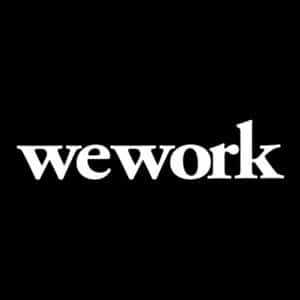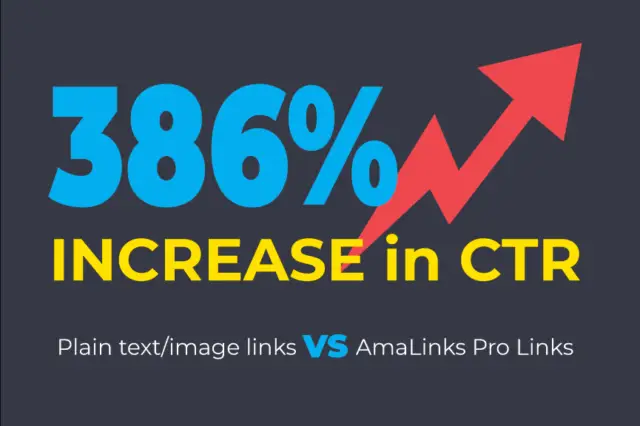
Learn about the WeWork affiliate program.
WeWork.com, a prominent player in the shared workspace industry, has reshaped the way businesses and individuals approach workspaces. Founded in 2010 by Adam Neumann, Miguel McKelvey, and Rebekah Neumann, WeWork.com quickly emerged as a global phenomenon, offering flexible and modern office solutions to startups, freelancers, and established corporations alike. This article explores the origins, growth, and impact of WeWork.com on the modern workspace landscape.
WeWork.com was conceived in the aftermath of the 2008 financial crisis, a period marked by economic uncertainty and the rise of freelancing and remote work. Recognizing the changing dynamics of work, the founders aimed to create a shared workspace that fostered collaboration, community, and flexibility. The first WeWork location opened in New York City in 2010, with a mission to redefine office spaces and work culture.
WeWork.com’s expansion was rapid and ambitious. Within a few years, it transformed from a single location in New York City to a global network of shared workspaces. This growth was driven by a series of strategic acquisitions, partnerships, and investments. Notable acquisitions include Meetup, a social networking platform for connecting people with shared interests, and Flatiron School, a coding boot camp. These moves allowed WeWork.com to diversify its services and cater to a broader range of professionals.
The company’s funding rounds attracted significant attention from venture capitalists and private equity firms, reflecting the belief in WeWork.com’s disruptive potential. Its valuation soared to staggering heights, making it one of the most valuable startups in the world at one point.
WeWork.com’s core offering is providing flexible workspace solutions to businesses and individuals. Its model includes co-working spaces, private offices, and virtual offices in prime locations around the world. The appeal lies in the flexibility it offers – businesses can scale their office space up or down according to their needs, while individuals can access fully-equipped workspaces without the constraints of long-term leases.
WeWork.com’s spaces are designed to be aesthetically pleasing and functional, often featuring modern decor, comfortable furniture, and amenities like high-speed internet, printing facilities, and well-stocked kitchens. This approach aims to create an environment where productivity and collaboration thrive.
A distinctive feature of WeWork.com is its emphasis on community-building. Beyond providing physical office space, WeWork.com actively fosters a sense of belonging among its members. The company organizes networking events, workshops, and social gatherings to encourage interaction and collaboration among its diverse members.
The WeWork.com app also plays a pivotal role in connecting members. It provides a platform for networking, event registration, and even booking workspace resources. This digital ecosystem reinforces the community aspect of WeWork.com and helps members make the most of their workspace experience.
WeWork.com’s influence on modern work culture cannot be overstated. It has not only disrupted the traditional office leasing market but has also transformed how companies perceive and utilize workspace. Here are some key ways WeWork.com has impacted modern work culture:
- Flexibility: WeWork.com has popularized the idea that workspaces should adapt to the needs of businesses, not the other way around. This flexibility has become increasingly important in an era of remote work, gig economy jobs, and startups that require scalable office solutions.
- Work-Life Integration: By creating aesthetically pleasing and comfortable workspaces, WeWork.com blurs the lines between work and leisure. It encourages professionals to view their workspace as an extension of their lifestyle, promoting a healthy work-life balance.
- Collaboration: WeWork.com’s communal spaces and networking events promote collaboration and knowledge-sharing. This is particularly valuable for startups and freelancers who benefit from the cross-pollination of ideas and opportunities within WeWork.com communities.
- Location Independence: WeWork.com’s global network allows professionals to work from different cities or countries seamlessly. This has contributed to the rise of the digital nomad and remote work trends.
- Corporate Adaptation: Established corporations have also embraced WeWork.com’s model to reduce real estate costs, foster innovation, and provide a more attractive workspace for their employees.
Despite its remarkable success, WeWork.com has faced its fair share of challenges and controversies. One of the most significant setbacks was its failed attempt at an initial public offering (IPO) in 2019. The company’s valuation plummeted, revealing concerns about its corporate governance, financial sustainability, and the leadership style of its co-founder, Adam Neumann.
WeWork.com’s rapid expansion and high leasing commitments left it vulnerable when the COVID-19 pandemic hit, as businesses around the world downsized office space or shifted to remote work. The company had to adapt by introducing new remote work solutions and implementing cost-cutting measures.
WeWork.com, founded on the principles of flexibility, community, and innovation, has undeniably reshaped the modern workspace landscape. It has inspired a new way of thinking about office spaces, emphasizing adaptability, collaboration, and comfort. Despite its challenges and controversies, the impact of WeWork.com on how we work and where we work cannot be denied. Whether you’re a freelancer looking for a creative environment, a startup seeking scalability, or a corporation exploring flexible office solutions, WeWork.com has redefined the possibilities of where and how work can happen.
Did you know that WeWork has an affiliate program?
Here is some basic information about what WeWork is all about. Check it out, and if you are interested there is a link below to access the WeWork affiliate program.
WeWork, Office Space and Workspace Solutions – WeWork is revolutionizing the way people and companies work. Get flexible workspaces, agile services, and leading technologies to move your business forward.

Miles Anthony Smith
Miles is a loving father of 3 adults, devoted husband of 24+ years, chief affiliate marketer at AmaLinks Pro®, author, entrepreneur, SEO consultant, keynote speaker, investor, & owner of businesses that generate affiliate + ad income (Loop King Laces, Why Stuff Sucks, & Kompelling Kars). He’s spent the past 3 decades growing revenues for other’s businesses as well as his own. Miles has an MBA from Oklahoma State and has been featured in Entrepreneur, the Brookings Institution, Wikipedia, GoDaddy, Search Engine Watch, Advertising Week, & Neil Patel.
For more information about this offer: View the WeWork homepage


